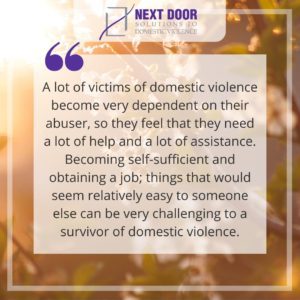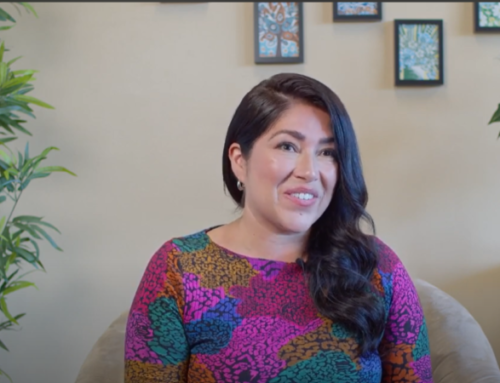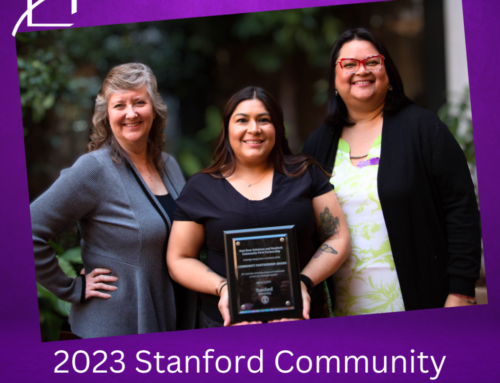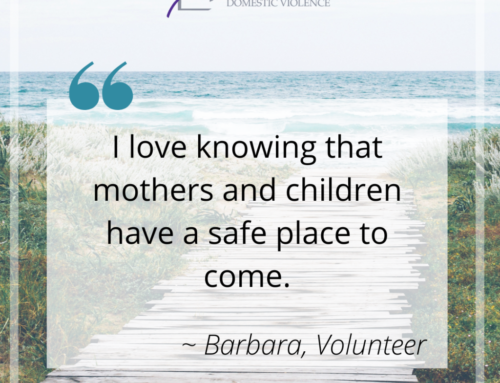Trigger Warning
This story may contain descriptions of physical and sexual violence that may be upsetting. Please consider your triggers and well-being before reading. Seek help if needed.

When Bonds Become Chains
Economic dependency can make it impossible for survivors to leave the abuser.
“Why didn’t you leave?”
Perhaps no question, well-intentioned as it may be, can send a domestic violence survivor into deeper despair, self-doubt, and emotional pain.
Sometimes it’s fear of deportation or revenge against family; other times it’s the economic dependency, especially if the abuser provided the income. Often, it’s the sheer paralysis of finding a safe place to live, particularly in the Bay Area with its high cost of living. Ana Castillo, who works for the Next Door Solutions (NDS) advocacy housing program, recounts a recent case about a client we will name “Angela”.
When Ana met her, Angela was in the process of divorcing her abuser, to whom she’s been married for almost 30 years. They had started dating when she was 17 and he was in his 20s. The violence had started two years into the relationship. Then in 2018, the couple tragically lost their adult children in a car accident. Angela had not been feeling well that night and had decided to stay home to rest while the children went out. This decision added a heavy layer of guilt to an already crushing domestic violence situation. Ana says: “He would blame Angela; telling her if it wasn’t for her, the children would still be here”.
Ana focused on getting Angela the services NDS could provide for her, knowing that every bit of support would help. Angela would often be hesitant to accept assistance; a common trait among survivors. “She would often tell me, well, you don’t have to give me this much money. There are other victims who probably need it more than I do.” However, Angela’s own situation was far from resolved.
Besides some financial relief, NDS provided Angela with legal counsel, including coaching for family court appearances and navigating the complex process of procuring a restraining order. She also attended support group meetings for Spanish speakers, which reminded her she was not alone through the ordeal. According to Ana, “A lot of victims of domestic violence become very dependent on their abuser, so they feel that they need a lot of help and a lot of assistance. Becoming self-sufficient and obtaining a job; things that would seem relatively easy to someone else can be very challenging to a survivor of domestic violence.”
Ana shared, “The clients that I’ve worked with all continue to suffer from the trauma. It can make them paranoid thinking the abuser can come back knocking on the door. They have a constant fear that even in their own home they’re not safe. Even if you have a restraining order, the cops may say, ‘he is not physically hurting you, so we can’t really do much about it.’” To address these issues, NDS counsels survivors to record messages and keep notes of what happened, and what was said, and take pictures of text messages.
Like many other survivors, Angela wishes to support others going through similar ordeals. “She would tell me: ‘Once I’ve become better from this situation, I want to come back and help here.’ She has always expressed how grateful she is. She has a special place in my heart,” shares Castillo. “The job that I do is helping individuals feel like they have hope and can grow from their situation.”









